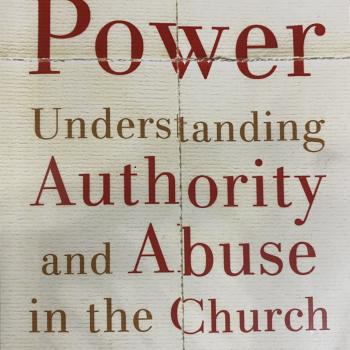Do you lead a group of people that includes women? You might be male or female, yourself, someone who oversees, directs, pastors, or guides women in some capacity. This article, and the book it comes from, was written for you.
____________________
I appeal to Euodia and Syntyche to agree in the Lord. Yes, I say also to you, true companion, help them. They have struggled together in the gospel ministry along with me and Clement and my other coworkers, whose names are written in the book of life.
Philippians 4:2
______________________
Women’s conflict in the early church
Two women were bickering in Philippi—women Paul knew personally. They had “struggled together [with Paul] in the gospel ministry.” They were insiders, respected friends, true believers, and he cared enough to be grieved by their conflict and address the situation in his letter. What divided them? We don’t know. But we know that the issue was serious, probably a threat to the unity of the church. News of the dispute traveled all the way to Rome, where Paul was under house arrest. In verse two, Paul appealed to the male leaders to negotiate their conflict, to help these women “agree in the Lord.”
Women’s conflict in church today
Just like in Paul’s day, male leaders today often find they are called to help women make peace. If you are a male leader, people in your ministry will cause conflict, and some of them will be female. When women in your ministry spar, you should care. And because you are sometimes called into the middle of these disputes, you are wise to prepare. An undisclosed part of your job description is the task of intercessor, peacemaker, and negotiator for women.
In our experience, male ministers tend to handle conflict without taking into account the gender of the parties involved. Big mistake. Men and women process conflict differently. Of course, Matthew 18:15-17 applies to both men and women. But ignoring the gender factor as you attempt to negotiate differences can severely hamper your effectiveness and lessen the likelihood of a positive outcome.
Do you understand basic differences in the way men and women process conflict? If not, your effectiveness will be compromised. You will be expecting women in conflict to act like men, and when they don’t, you will be surprised and frustrated. Hopefully, knowing some of the differences in a woman’s approach to conflict will make you more skilled at female negotiation. The result will enable you to sidestep all kinds of turmoil and heartache.
It’s personal
Research studies affirm differences in the ways the sexes respond to conflict. For example, boys on the playground fight about twenty times more than girls, but they often become good friends with these adversaries after the disputes. Girls experience less conflict, but when they fight, they do not become friends later. Bad feelings run deep and last a long time.
We observe the same patterns in ministry. Without intervention, often women’s disputes can quickly escalate and become personal. They take an attack or challenge on their ministry or a particular action as an attack on their person. They become wounded at a rejection of their behavior, often projecting it into a rejection of themselves.
Men may see these feminine responses as immature and silly, but they are typical, even in women who are spiritually and emotionally mature. Seasoned women still wrestle with their flesh, especially when their emotions are in high gear.
Note the example of the women in Philippi. These women were respected workers and possibly leaders. But they struggled to resolve their disputes, probably because they felt the breach so deeply. The personal nature of women’s conflicts makes the dispute more challenging to resolve than most men’s conflicts. The personal nature of women’s disputes requires special strategies when you are called to help them make peace.













